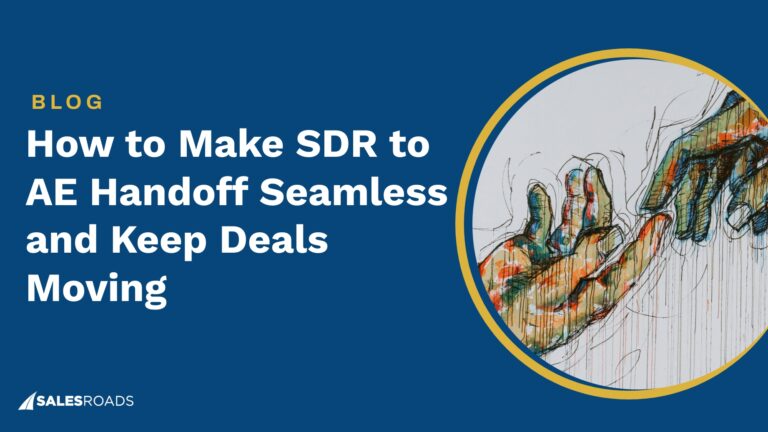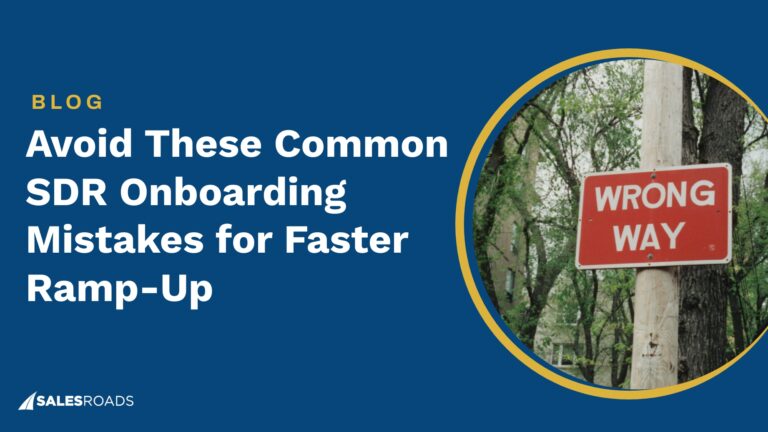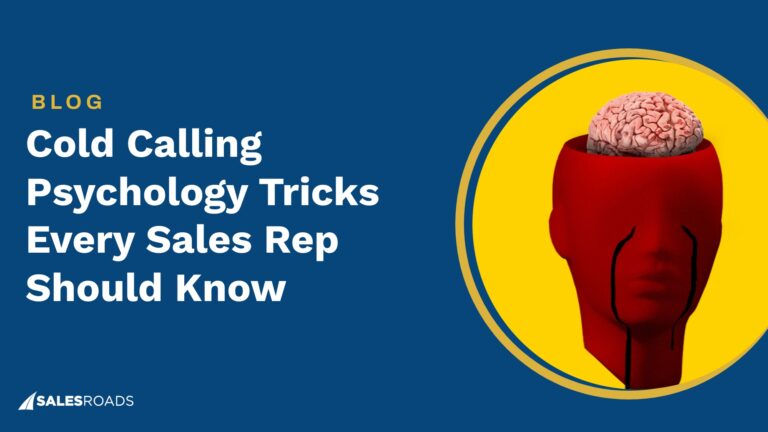Picking up the phone and dialing. Cold calling sounds simple, right? But the reality is more complex.
Many businesses assume that it’s a straightforward activity that anyone can handle. However, understanding and adhering to legal calling hours and navigating the intricate web of cold calling laws and regulations requires careful consideration.
In this article, we’ll cut through the confusion and provide clear guidance on whether cold calling is illegal and how to conduct your campaigns legally and ethically.
What Is Cold Calling?
B2B cold calling is a proactive sales outreach method where a salesperson contacts potential customers without prior interaction or relationship. This involves directly reaching out to individuals or businesses to introduce a product or service with the goal of generating interest and securing a sale.
While cold calling remains a potent tool for lead generation, it often gets overlooked in favor of inbound strategies like content marketing and social selling. Many believe the practice is outdated, but the truth is far from it.
David Kreiger, the founder of SalesRoads, shared what our clients achieved through our outbound services in 2024 in his LinkedIn post:
Importance of Cold Calling in B2B Landscape
Many businesses mistakenly believe that inbound efforts alone can generate sufficient leads, but the reality is that a well-executed cold calling strategy is essential for driving growth.
Cold Calling for Complex Products and Services
For businesses offering complex products or services, cold calling is invaluable. It provides an opportunity to have in-depth conversations with potential customers, understand their specific needs, and tailor solutions accordingly.
By building rapport and trust through direct interaction, sales teams can effectively convey the value proposition and overcome objections.
Cold Calling for Niche Markets
Companies operating in niche markets with a highly targeted audience can benefit significantly from cold calling. Identifying and reaching out to specific decision-makers within these segments can yield exceptional results.
Cold calling allows sales representatives to position their offerings as the ideal solution for the unique challenges faced by these customers.
Cold Calling for Market Expansion
Cold calling is an effective tool for businesses looking to expand into new markets. By directly connecting with potential customers in unfamiliar territories, sales teams can quickly assess market potential, identify target audiences, and build a customer base from scratch.
Cold Calling as a Market Research Tool
Beyond generating sales, cold calling provides invaluable insights into customer needs, preferences, and challenges.
By actively listening to customer feedback, businesses can identify opportunities for product or service improvement. This information can be leveraged to refine marketing strategies, develop new offerings, and enhance customer satisfaction.
Cold Calling as a Differentiation Strategy
In markets saturated with inbound marketing efforts, cold calling can serve as a powerful differentiator. By standing out from the competition, businesses can capture the attention of potential customers and establish a strong brand presence. Cold calling enables sales teams to deliver personalized messages and create memorable interactions, increasing the likelihood of conversion.
Is Cold Calling Legal?
The legality of cold calling is a complex issue influenced by a patchwork of federal laws, state laws, and international regulations.
Understanding these laws is crucial for businesses to avoid hefty fines and damage to their reputation.
Federal Laws
The Telephone Consumer Protection Act (TCPA) is the primary federal law governing cold calling in the United States. It establishes rules for automated calls, text messages, and live calls, including restrictions on what is the legal time to call customers. However, it’s essential to note that the TCPA is broad and often subject to interpretation.
State Laws
In addition to federal regulations, individual states have their own cold calling laws that may impose stricter limitations. These laws can vary significantly from state to state, covering areas such as legal calling hours, do-not-call lists, and required disclosures. Businesses must comply with both federal and state regulations to avoid legal issues.
International Regulations
For companies operating on a global scale, understanding international regulations governing cold calling is essential. Different countries have varying levels of consumer protection and restrictions on telemarketing practices. Non-compliance with these laws can lead to severe penalties and reputational damage.
Best Practices for Cold Calling
To avoid legal pitfalls and maintain a positive reputation, businesses must implement robust cold calling compliance practices. By adhering to these best practices, companies can protect themselves from costly penalties and build trust with customers.
Develop a Comprehensive Compliance Program
A well-structured compliance program is essential for mitigating risks associated with cold calling. This should include clear policies and procedures outlining legal calling hours, do-not-call list management, call recording, and employee training. Regularly review and update these guidelines to reflect changes in cold calling laws.
Invest in Robust Call Recording and Monitoring
Implementing a reliable call recording system is crucial for demonstrating compliance and addressing potential disputes. It allows businesses to monitor calls for adherence to regulations, identify compliance issues, and gather evidence in case of legal challenges.
Conduct Thorough Due Diligence on Dialers and Vendors
If using third-party dialers or vendors for cold calling activities, conduct thorough due diligence to ensure compliance. Verify that these partners adhere to cold calling laws and have appropriate safeguards in place.
Obtain Explicit Consent
Whenever possible, obtain explicit consent from potential customers before initiating a cold call. This can help mitigate the risk of legal challenges and improve call outcomes.
Penalties for Non-Compliance
Non-compliance with cold calling laws can have severe consequences for businesses. The financial penalties alone can be crippling, but the reputational damage can be even more devastating.
Financial Penalties
Violations of cold calling laws can result in substantial financial penalties. These penalties vary depending on the specific violation and jurisdiction. For example, TCPA imposes steep fines for unsolicited text messages and robocalls. Additionally, class-action lawsuits can lead to even larger settlements.
Reputational Damage
Beyond financial penalties, non-compliance with cold calling laws can severely damage a company’s reputation. Negative publicity, consumer complaints, and loss of customer trust can have long-lasting effects on a business’s ability to attract and retain customers.
Legal Actions
In addition to financial penalties, businesses that violate cold calling laws may face legal actions, including injunctions, cease-and-desist orders, and consumer redress. These legal actions can be costly and time-consuming, diverting resources away from core business operations.
Bottom Line
Misconceptions about its simplicity often overshadow the complexities of cold calling laws and regulations. To avoid hefty penalties and protect your business’s reputation, it’s crucial to understand the nuances of is cold calling illegal, what is the legal time to call customers, and legal calling hours.
By implementing robust compliance practices and staying informed about evolving regulations, businesses can harness the potential of cold calling while mitigating risks.











